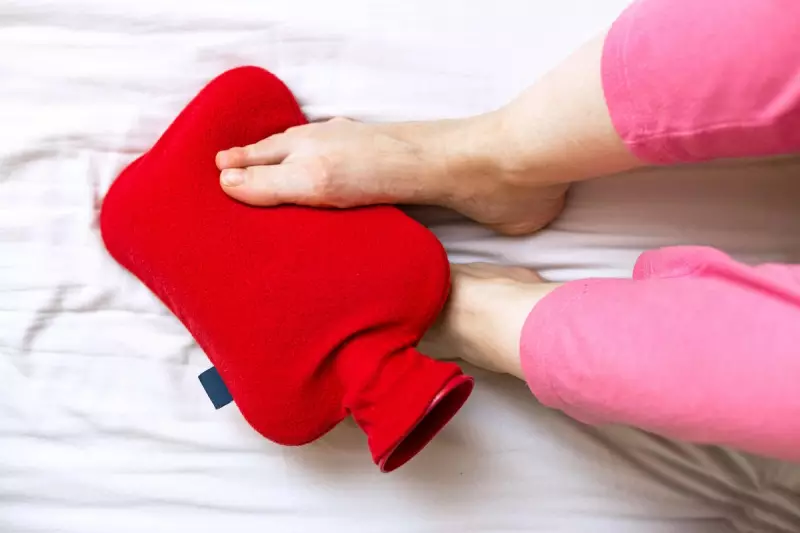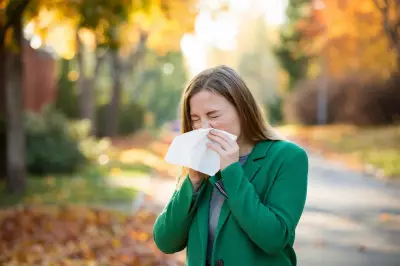
Scientists have uncovered a surprising connection between temperature exposure and the ageing process that could revolutionise how we approach healthy ageing. New research suggests that regular exposure to mildly cold conditions may help combat age-related muscle decline and metabolic problems.
The Science Behind Cold and Ageing
Researchers have discovered that colder environments appear to trigger protective mechanisms in the body that help maintain muscle function and metabolic health as we age. The study, conducted by leading gerontology experts, examined how temperature affects cellular processes responsible for age-related decline.
"We were astonished to find that moderate cold exposure activates pathways that protect against muscle wasting and metabolic slowdown," explained the lead researcher. "This could represent a completely new approach to maintaining physical function in later life."
Practical Implications for Daily Life
The findings suggest that simple lifestyle adjustments could yield significant health benefits for older adults. While the research doesn't advocate for extreme cold exposure, it indicates that avoiding constantly warm environments might be beneficial.
- Turning down heating by a few degrees
- Taking regular walks in cooler weather
- Avoiding overheating in living spaces
- Embracing seasonal temperature variations
Future Research Directions
Scientists are now exploring how to harness these findings to develop targeted interventions. The research team is investigating whether specific cold exposure protocols could be developed to maximise benefits while ensuring safety and comfort for older individuals.
"This isn't about making people uncomfortable," the researcher emphasised. "It's about understanding how environmental factors we can easily control might significantly impact our healthspan."
The study represents a promising new frontier in ageing research, suggesting that sometimes, the simplest solutions might be right in front of us - or more accurately, in the air around us.





